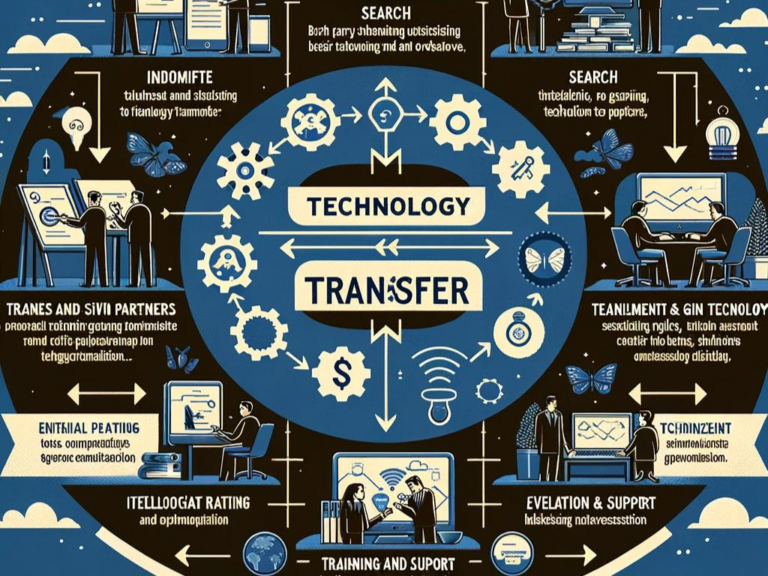Call us now:
The current state of franchising in Vietnam reveals some legal risks and challenges that need to be addressed for more sustainable development in the future.

Concept of Franchising
Franchising is a business model in which a business (also known as the franchisor) grants an individual or another business (also known as the franchisee) the right to use its brand, business system, product technology, or service under a franchise agreement. In return, the franchisee typically pays an initial fee along with periodic fees (such as royalty fees, management fees) to the franchisor.
This model allows the franchisor to expand its business network without needing to invest directly in expansion, while enabling the franchisee to start a business with a proven brand, reducing the risks compared to starting a business from scratch. The franchise agreement also clearly stipulates terms regarding management methods, operation standards, quality control, training, and support to ensure consistency of the brand and products/services across the system.
Franchising is popular in various industries such as food and beverage, education, healthcare, fashion, and retail. Each industry has its own franchise requirements and conditions, tailored to its specific characteristics and needs.
Examples of Franchising in Vietnam
Franchising in Vietnam includes both major international brands and famous domestic brands. Some typical examples include:
- Trung Nguyen Coffee: One of Vietnam’s first brands to successfully apply the franchising model, Trung Nguyen is not only popular domestically but has also reached international markets, demonstrating its strength by being present in many countries around the world.
- Aha Coffee: With a history starting from 1997, Aha Cafe has expanded to more than 76 branches from the north to the south of Vietnam, representing a typical Vietnamese street coffee franchise model.
- International brands such as McDonald’s, Starbucks, and Burger King have also expanded their market in Vietnam through franchising. McDonald’s, with over 30,000 branches in 119 countries serving over 16 billion customers in 2003, shows its significant influence worldwide and in Vietnam.
Each of these franchise brands not only expands business opportunities but also helps maintain service quality and product while maintaining a strong global brand identity.
The Current State of Franchising in Vietnam
The current state of franchising in Vietnam shows some legal risks and challenges that need to be addressed for more sustainable future development. Risks for franchisees include issues related to intellectual property, franchisor capability, unfair competition, cultural factors, and lease contract risks. For franchisors, risks involve the franchisee not adhering to procedures, using low-quality materials, and the risk of business model replication.
The trend in Vietnam’s franchising mainly involves first-tier franchising, with few international brands developing the market through second-tier franchising. With a population of over 96.2 million people and a promising consumer market, Vietnam is attracting the interest of many foreign investors. However, an imperfect legal environment and lack of professionalism, along with challenges from lack of capital, management level, and standardization processes, are issues that need resolution. Despite the potential, the lack of appeal from domestic brands and difficulties in leasing premises affect the capability of Vietnamese businesses to franchise.
To develop Vietnam’s franchise market, it is necessary to perfect the legal framework, facilitate investment and business operations, provide market information, and create opportunities for domestic enterprises to develop brands and expand internationally. Enterprises also need to be more proactive in seeking knowledge, experience, and adhering to legal regulations on franchising.
Advantages and Disadvantages of Franchising
Franchising offers benefits for both the franchisor and franchisee but also faces challenges and limitations.
Advantages of Franchising
For the Franchisor:
- Rapidly expand business models and distribution systems.
- Receive stable revenue from franchising fees.
- Reduce risks and costs when entering new markets.
- Enhance brand reputation.
For the Franchisee:
- No need for business experience to start.
- Operational support from the franchisor through training, management support, marketing, etc.
- Inherit the reputation and image of an established brand.
- Save on advertising costs and receive continuous support.
- Higher success rate than starting a new business from scratch.
Disadvantages of Franchising
For the Franchisor:
- Maintaining control over the franchisee can be challenging.
- Risk of the franchisee using acquired knowledge to become a competitor.
For the Franchisee:
- The explosion of competitors, especially from other franchisees within the same system.
- Limitations on business creativity due to having to operate within the franchisor’s regulations.
- Risk of being imposed with unsuitable technical or management systems.
- Large initial investment required.
Franchising is considered a wise choice for entrepreneurs wanting to minimize risk and leverage the strength of an established brand. However, both franchisors and franchisees need to carefully consider the advantages and disadvantages to ensure the partnership is highly effective.
Contact Us Now:
DCNH LAW
Address: 38B Tran Nhat Duat, Phuoc Hoa ward, Nha Trang city, Khanh Hoa province, Vietnam.
Phone: (+84) 343320223 – 974278893
Email: dcnh.law@gmail.com


